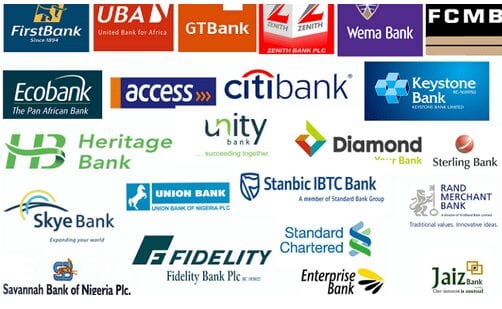By Obinna Chima
The Central Bank of Nigeria (CBN) monday advised all banks and their external auditors to adhere to Rule 9 (Application of International Standard on Auditing (ISA) 701 – (Communicating Key Audit Matters in the Independent Auditor’s Report) of the Financial Reporting Council of Nigeria (FRCN).
The rule requires independent auditors of listed and unlisted entities to comply with the requirements of ISA 701 for audit of financial statements for periods ending on or after December 15, 2016 and June 30, 2017, respectively.
The central bank stated this in a letter titled: “Application of International Standard on Auditing (ISA) 701 (Communicating Key Audit Matters in the Independent Auditor’s Report) in the Banking Sector.”
The letter with reference number: BSD/DIR/GEN/LAB/10/006, dated February 6, 2017, was addressed to all banks and their external auditors.
It explained: “The attention of all banks and their external auditors is hereby drawn to the Rule 9 (Application of International Standard on Auditing (ISA) 701 – Communicating Key Audit Matters in the Independent Auditor’s Report) of the Financial Reporting Council of Nigeria (FRCN) which requires independent auditors of listed and unlisted entities to comply with the requirements of ISA 701 for audit of financial statements for periods ending on or after December 15, 2016 and June 30, 2017, respectively.
“In order to create a level playing field for the implementation of ISA 701 in the Nigerian banking industry, the CBN has obtained the concurrence of the FRCN for external auditors of all banks (both listed and unlisted) to comply with the requirements of the new standard for audits of financial statements for periods ending on or after December 15, 2016.
“Accordingly, the auditors’ reports accompanying audited financial statements of all banks for the applicable periods should be compliant with ISA 701.”
Meanwhile, the central bank in its revised “Guidelines for Direct Debit Scheme in Nigeria 2017,” among other things, stated that payment service providers must be duly licensed by the CBN and subject to electronic payment guidelines.
“The payment service providers shall execute direct debits in line with the instructions on the direct debit mandate. It is the responsibility of the Payment Service Provider to give information, advice and guidance on all aspects of the scheme to the biller,” it added.
CHECK OUT THESE INTERESTING STORIES:
- Nigeria Police 2016 Recruitment Exercise And Training Date Is Out
- Nigeria Police Warns Against Nationwide Protests By Tuface, Others
- Nigerian Police Reacts To Publication On Print Media Regarding Southern Kaduna
- Police IGP orders closure of Ondo Assembly
- Police seal Ondo State House of Assembly
- Delta State: Okowa accords assent to 13 bills
- Gambia: Rattled Jammeh wants 4pm deadline
- FG Cuts Aso Rock’s Budgetary Allocation
- New Gambian leader Adama Barrow sworn in at ceremony in Senegal
- FEC approves 6 weeks closure of Abuja Airport for repairs
- Wike, PDP don’t drag APC into your war against security agencies – APC
- Rising Bad Loans In Banks Worries NDIC – Umaru Ibrahim
- FG to fight militancy, insurgency with N29bn
- 2017 Budget: N660m for electricity supply, to spend N223m on generators
- State House suspends capital projects
- Police IG Meets London Metropolitan Police Service Counter Terrorism Command
- Ebonyi State budgets N216m for council election
- Assistant Police Commissioner commits suicide
- Pension for ex-govs, deputies in public scrutiny
- Peterside Flays Wike’s Attempt to Repeal Reserve Fund Law































